Winner of the fifth Mao Dun Literature Prize, and vice chairman of the Chinese Writers Association, Alai is a prolific and versatile writer. Many of his books, such as "Red Poppies" and "Empty Mountain," have been translated into dozens of languages and published in many countries. Although the background of each work is different, they all express his feelings towards his homeland, and lead readers to think more about the meaning of life.
15:15
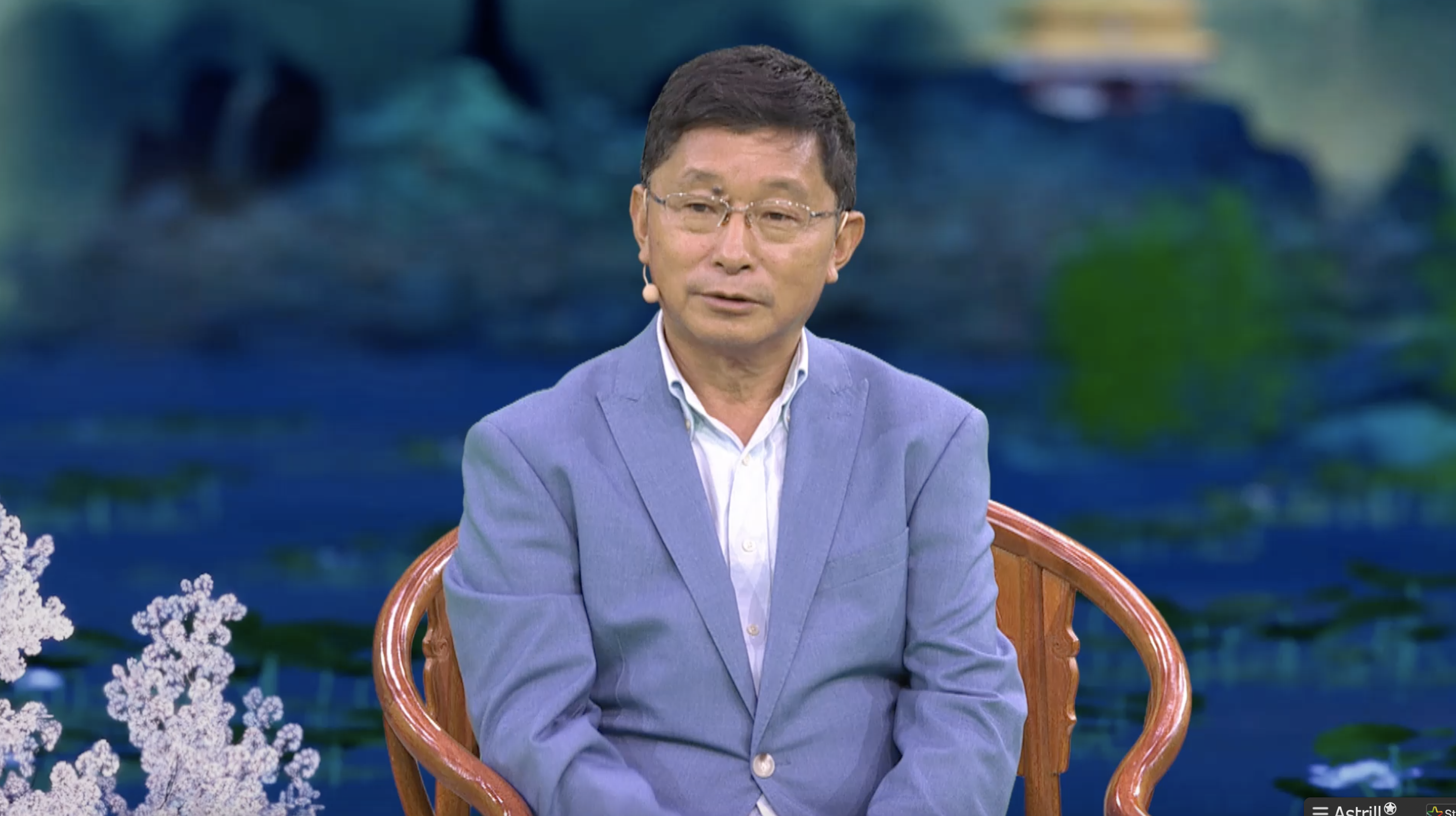
Born in a small village on the northwest plateau of Sichuan in 1959, Alai had a seed of imagination planted in his heart while hearing many Tibetan folk tales from his elders. He immersed himself in a sea of literature after being admitted to a normal school in Sichuan.
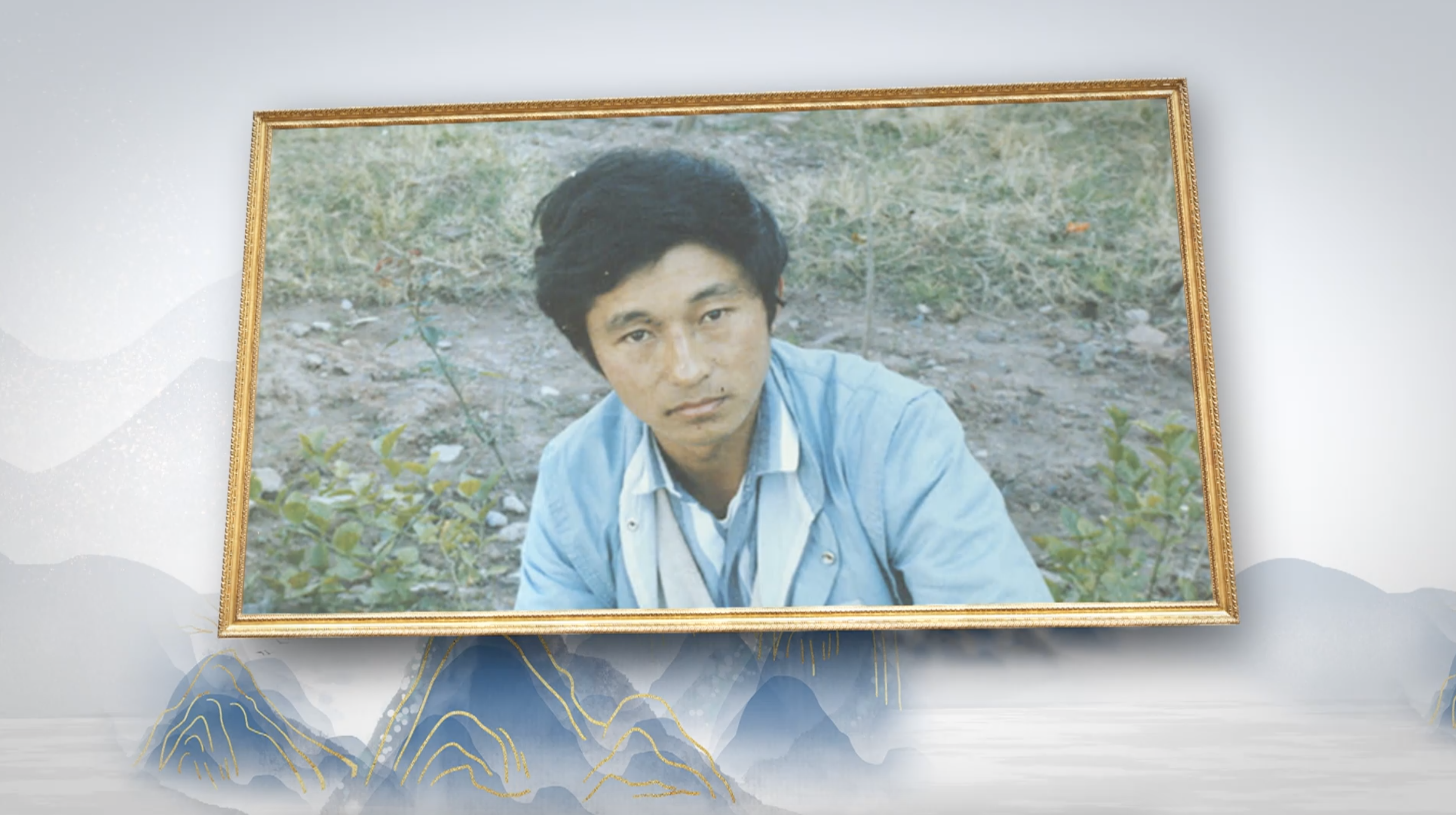
Contemporary Chinese writer Alai in his youth. /CGTN
Contemporary Chinese writer Alai in his youth. /CGTN
Alai published his first collection of poems, and his first collection of fiction stories, when he was 30. In these works, Alai waxes lyrical about the mountains and rivers of the Qinghai-Tibet Plateau. At the time, he was like a rising star in the literary world. However, he was not satisfied with the level of those two books and decided to rest for some time to search for inspiration. He reexamined the world and the relationship between himself and his hometown, and then turned his attention to local history, devoting himself to the study of local culture and oral literature. He realized that to make his creations go further, he must establish a deeper connection with the people and the land.
After years of hard work, he finally completed his first full-length novel "Red Poppies." The book is based on a legendary folklore character and focuses on the extravagant and brutal reign of a clan of Tibetan warlords from 1900 to 1950. The story is narrated by the chieftain's son, a self-professed "idiot" who reveals the feuds, secrets, and scheming behind his family's struggles for power. Through the eyes of this character, the work vividly and profoundly reflects the decline of the chiefdom system on the plateau and the changes brought about by a new society.
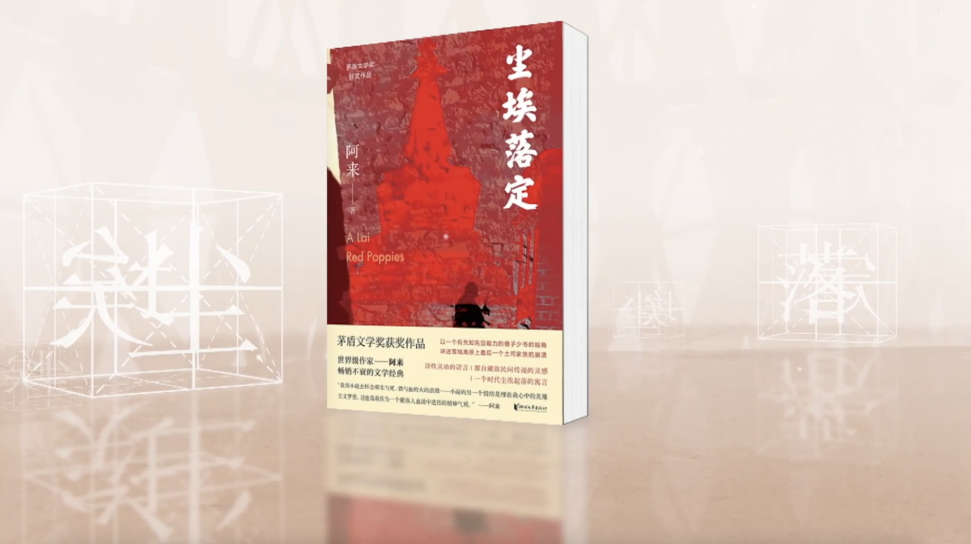
Alai publishes his work "Red Poppies" in 1998. /CGTN
Alai publishes his work "Red Poppies" in 1998. /CGTN
For "Red Poppies," Alai received the fifth Mao Dun Literature Prize. He was 41 at the time, which made him the youngest winner of this prestigious award at that time. Dangdai Magazine described his work as "the best Chinese novel to date on ethnic groups."
After "Red Poppies," Alai continued to write about his hometown and created a new work by employing innovative literary techniques. Centering on village life, it picked six interrelated stories to form a unique petal-style structure. This ingenious work was titled "Empty Mountain."
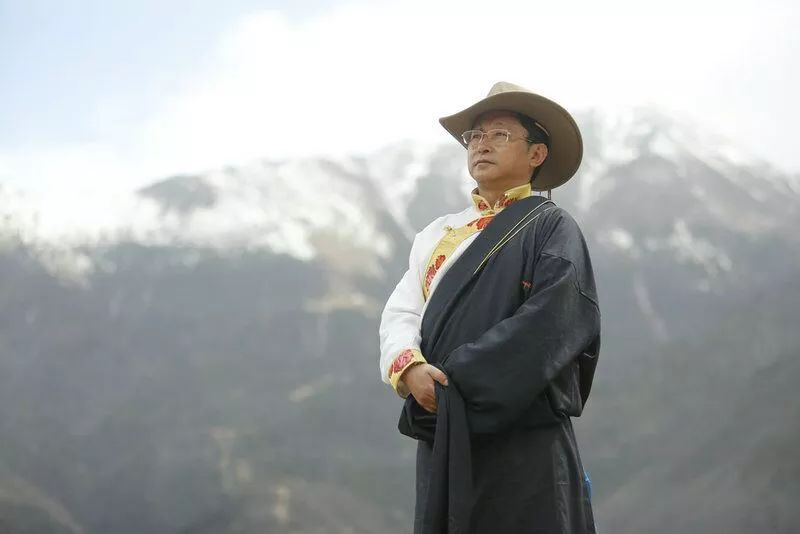
Alai, a well-known contemporary Chinese writer /CGTN
Alai, a well-known contemporary Chinese writer /CGTN
Alai did not want to be an artist who only focused on writing. During the creation of "Empty Mountain," he also served as editor-in-chief of Science Fiction World. In 2006, he serialized Liu Cixin's novel "The Three-Body Problem" in the magazine. Under Alai's leadership, Science Fiction World magazine had a circulation of hundreds of thousands of copies, becoming the world's largest sci-fi magazine at that time. In 2018, Alai wrote the script for a film about climbing Mount Qomolangma. After conducting in-depth interviews and research, Alai sorted out the main characters and plot, and completed the script of "The Climber," which tells a thrilling story of Chinese mountaineers, and reflects on the value of life.
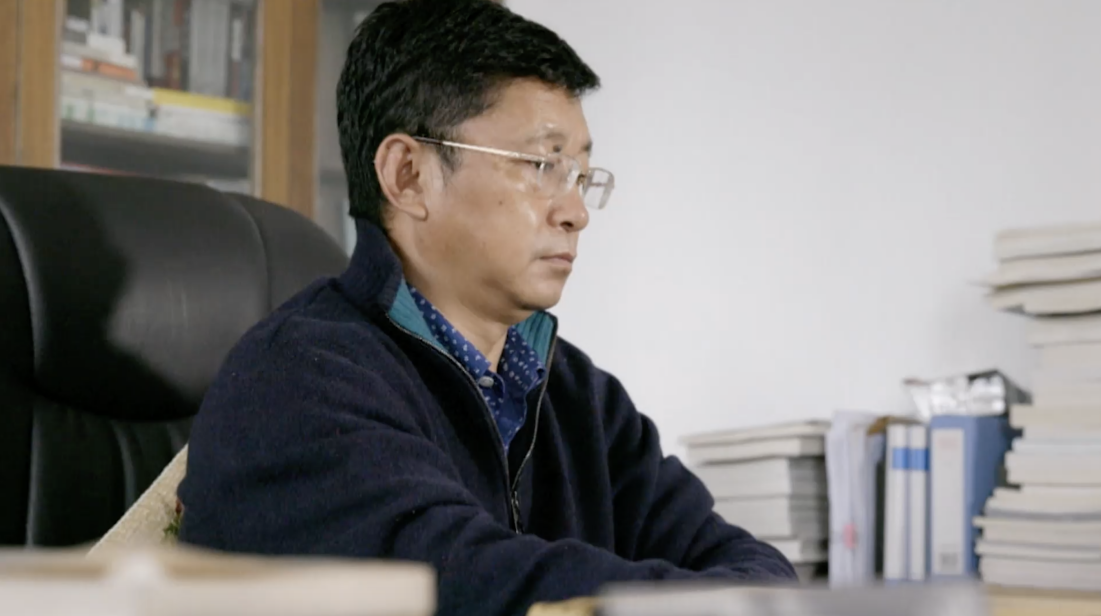
Contemporary Chinese writer Alai at his desk. /CGTN
Contemporary Chinese writer Alai at his desk. /CGTN
Looking back on his life after over six decades, including more than 40 years of writing, Alai attributes much of his success to reading and traveling. He said he will continue to travel and delve deeper into the country he loves so he can write more about this great era.